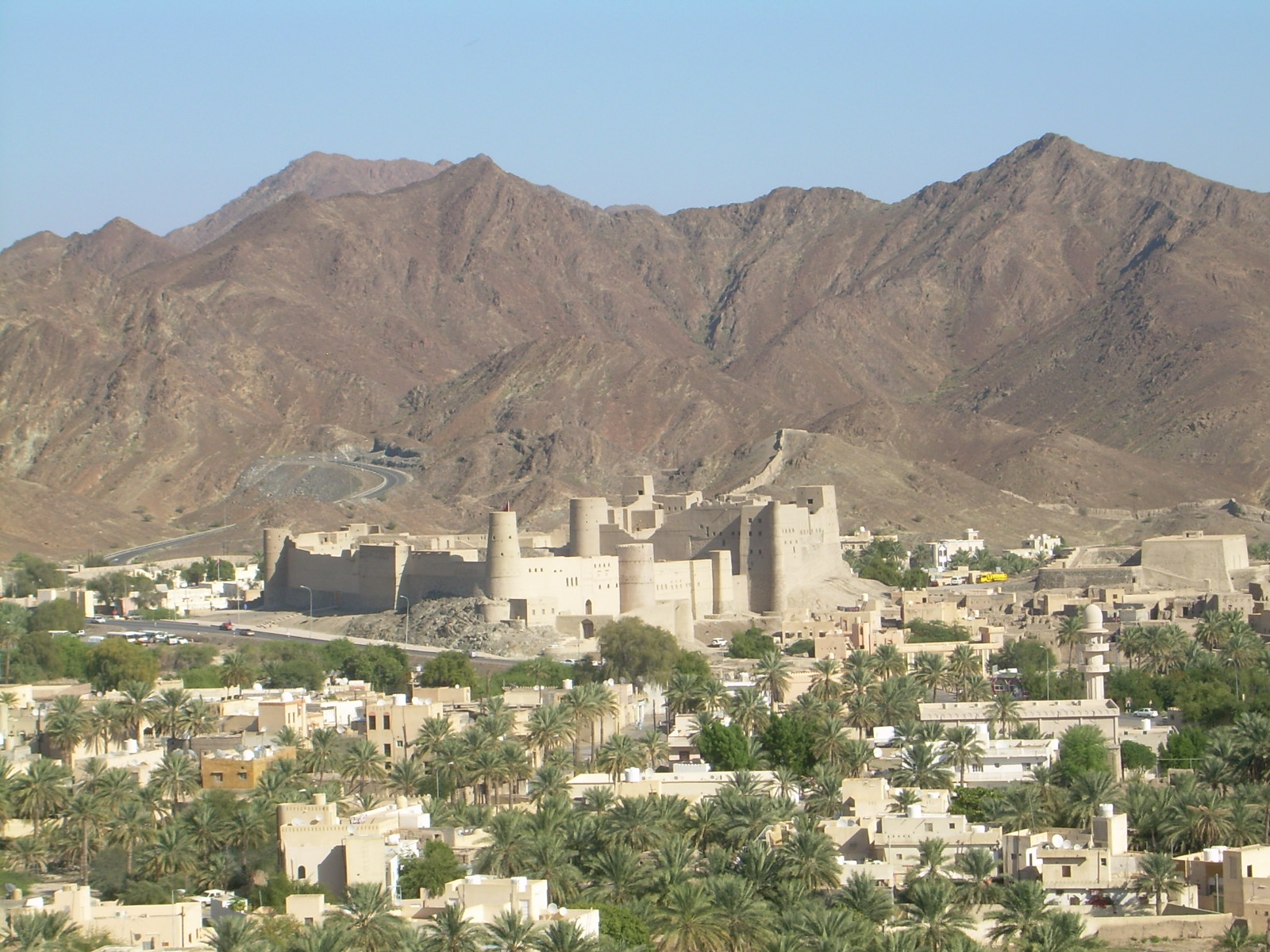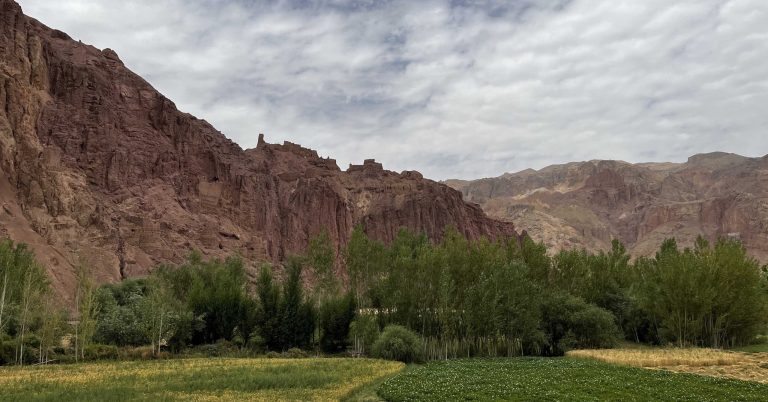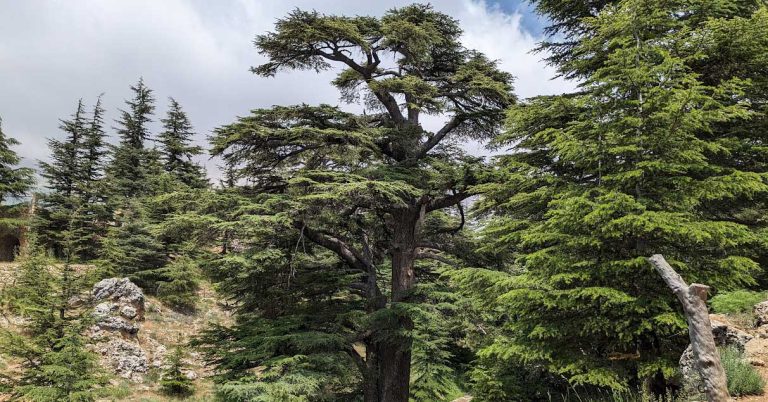
by Scott Weiner
What is a tribe?
Social scientists have long been interested in tribes, but political science has struggled to talk about them. Tribes exist on every inhabited continent and are as foundational to many states as political parties, civil society, and interest groups. Nonetheless, research on tribes often treats them merely as examples of other things (ethnic groups, patronage networks, electoral constituencies). Rather than consider tribes as worthy of their own analysis, academic work frames them as akin to political parties, ethnic groups, or patrimonial networks.
Tribes share commonalities with each of these institutions, but are unique because they are political institutions rooted in kinship. According to Charles Swagman (1988), kinship is “the genuine belief in familial connections between members of a political unit…defined by a reference to a distant apical ancestor.” Tribes use kinship to create strong identities that are a useful way to organize people. Unlike an identity like ethnicity, which defines people as members of an in-group, kinship gives people a unique orientation within an in-group (son of X, grandson of Y of family Z). This extra level of identity makes kinship particularly durable as an identity, which in turn makes it a useful way to organize people. Tribes as political institutions use kinship in precisely this way.
Tribes in the Middle East
A wave of recent scholarship shows that even in the Middle East, with its colonial history and constant outside intervention, tribes remain an important element of state-society relations. How exactly tribes matter in these relations, however, has not only changed over time, but differs in different places. This variation is puzzling since many states in the region, particularly the Arabian Peninsula, have similar colonial histories and have similar forms of dynastic and authoritarian rule.
While colonialism and the oil-driven economic booms that followed are key factors that shaped modern Gulf politics, so too were pre-state conditions. Whether tribes competed or cooperated for access to vital limited resources like water determined how fledgling governments engaged with them. In places like Kuwait and Qatar, where tribes competed for water access, the government engaged individual tribes with offers of power and access to bring them under the state’s purview. This outreach reified the importance of tribal identity, since tribal membership meant access to power and resources.
Today in such states, tribes play a key role in governance, doing things the state cannot or does not do. In contrast, in places like Oman, where many tribes cooperated to access water, they formed small committees to manage ownership, resolve disputes, and fix infrastructure. The government could then subsume these “proto-bureaucracies” under the larger bureaucracy of the state. Today in such states, these institutions are decentralized but very much a part of the government.
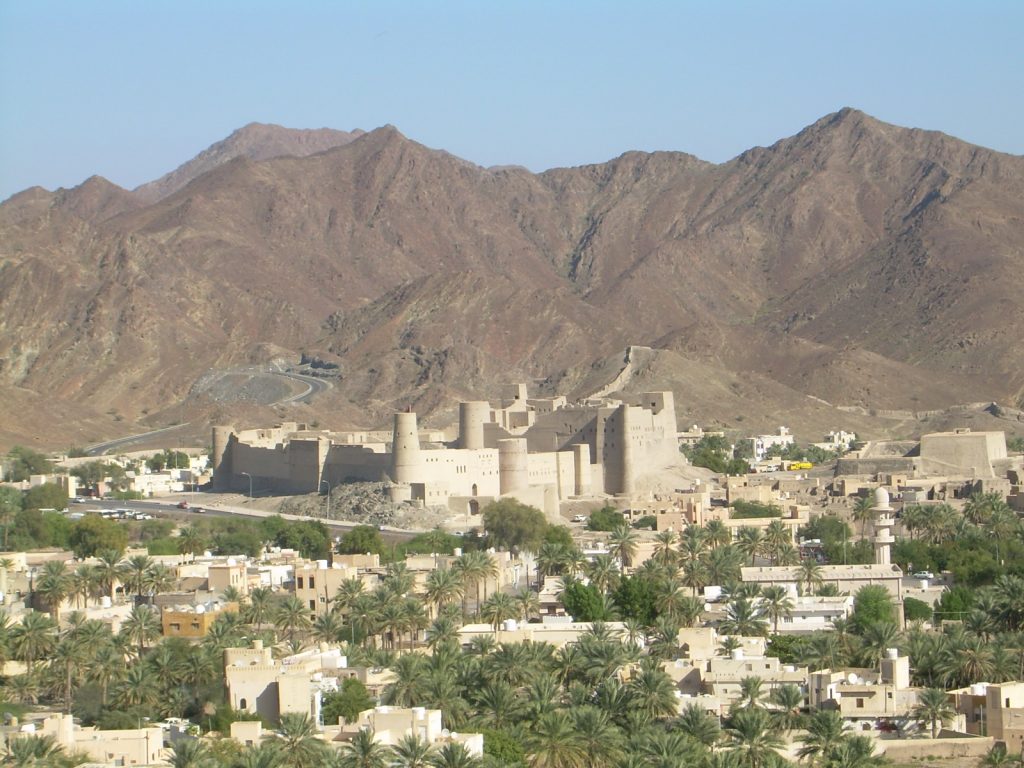
Why study tribes?
Studying the role of tribes before state building not only helps us understand modern politics in the Arabian Peninsula states, but also returns a sense of historical agency to the region’s populations. Discussions of colonial intervention in the region often imply that people in the region were passive bystanders whose political destinies were shaped by European states. In reality, it is impossible to understand current configurations of power in the region without accounting for the role of tribes and their members. Approaches centering the politics created by people in the region is therefore not only better social science, but also a more robust basis for appreciating the sophisticated tribal politics that existed independent of outside meddling.
About the Author
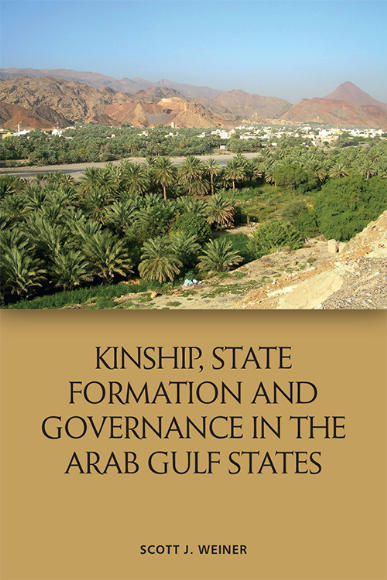
Scott Weiner is a professorial lecturer in political science at George Washington University. His research focuses on identity politics in the Arab Gulf states, ethnic politics, and gender. Find out more about the role of tribe-state relations in Kinship, State Formation and Governance in the Arab Gulf States, available now.
Enjoyed this blog post?
Browse more posts in Islamic and Middle Eastern Studies.
Keep up to date with new content in your field by joining our mailing list.


